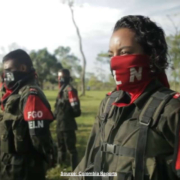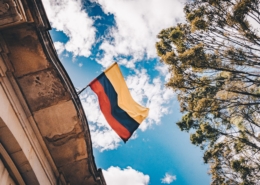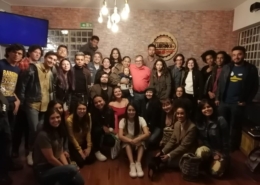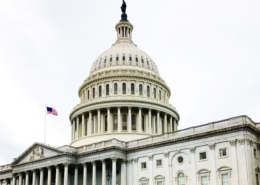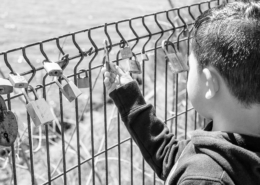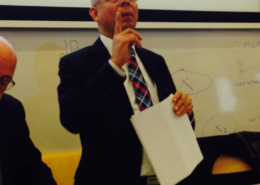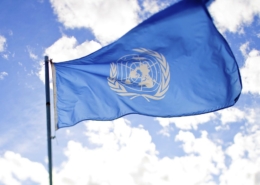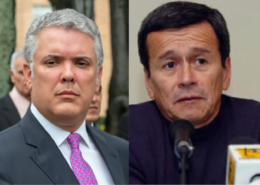April 16th / 2021
On 25th March, the Rodeemos el Diálogo (ReD) team working for a negotiation between the Colombian government and the National Liberation Army (ELN), together with the University of Winchester’s Centre of Religion, Reconciliation and Peace (CRRP), held a public dialogue with Elizabeth Dickinson (International Crisis Group) and Kyle Johnson (Conflict Responses) on conflict dynamics and challenges for peace with the ELN. The event follows a previous dialogue held in February, and is the latest effort to promote public discussion around the prospects of a peaceprocess.
The conflict with the ELN is complex, and any attempts in establishing a dialogue must be mindful of three key challenges. First, the government’s reluctance to commit to a peace deal as comprehensive as the one reached with the FARC in 2016, which introduced several socioeconomic measures aimed at addressing the roots of the conflict. Moreover, the State’s failure to fully implement these far-reaching policies has also left the ELN sceptical of the government’s political will to carry out structural reforms. Implementation of the 2016 deal is crucial in building trust among all parties.
Second, the lack of consensus within the ELN on whether to continue the conflict or to negotiate peace with the government. During 2020, the government refused to commit to a bilateral cease fire with the ELN. This contributes to the uncertainty among some fighters over the benefits of a peace process. Moreover the ELN is concerned about other armed groups watchful of the potential vacuum that it could leave in strategically important territories rich in resources. Addressing the presence of other armed groups is key for a cease fire to be successful and could help deal with sceptics on both sides.
Third, the ELN’s transnational character, having operated in Venezuela for decades, further complicates matters amid a total shutdown of diplomatic relations between Bogotá and Caracas. A recent escalation of tensions between Venezuelan security forces and armed groups at the Apure-Arauca border that displaced thousands of people on both sides of the border shows that any peace negotiations with the ELN must take into account its operations in Venezuela. Establishing communication channels between Bogotá and Caracas authorities is essential to stabilise the highly active conflict at the colombo-venezuelan border.
Regional efforts such as the humanitarian agreement signed in Chocó demonstrate the role that civil society organisations can play in pressuring the government and the ELN to cease hostilities. Whilst these local agreements are constructive in reducing the impact of conflict on communities, the onus cannot be on them and should be accompanied by a top-down approach opening spaces for dialogue.
ReD and CRRP remind both the Colombian government and the ELN of the value that a peace processcan bring, particularly to the communities whose daily lives are marked by war. We urge the proper implementation of the 2016 peace deal, welcome efforts to build trust between both parties, and assert the importance of re-establishing communication between the governments of Colombia and Venezuela.

